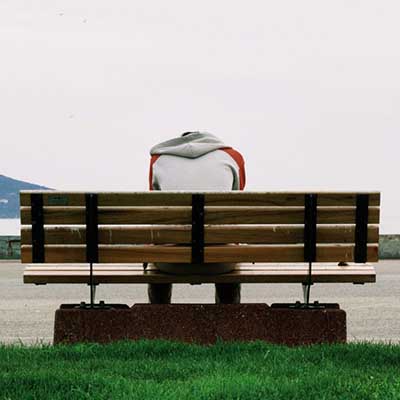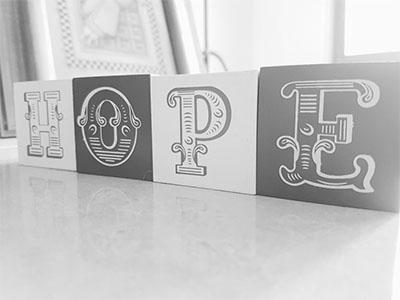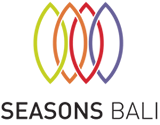How to Spot a Relapse on Drugs or Alcohol
The road to a sober life can be challenging. You might think that the most challenging part is getting sober, but for most addicts, it is staying sober.
Unfortunately, there are many reasons why an addict may relapse. 40-60% of people who have received treatment relapse within one year – but that’s not necessarily a bad sign. Sometimes, it takes a few relapses to get on the right track: one that is sustainable and full of the wisdom of past mistakes. Still, it would be best if you kept an eye out for signs, as quick treatment is critical for addicts. If you’re wondering how to spot a relapse on drugs or alcohol, then keep reading. We’ll show you the top signs you should look out for.
Their Mood and Behavior Changed
It’s natural to be depressed or anxious sometimes; it’s an unavoidable part of human life. However, if you have a gut feeling your loved one is acting strange, you’re probably right. Maybe it’s irrational irritation when you’ve just asked them a simple thing. Or perhaps are extremely withdrawn lately and never attend any social events.
Don’t be afraid to reach out and ask them if anything was the matter. It may be something unfortunate that happened in their lives, or it may be a relapse. Gauge their response to determine what’s the root cause of their change in mood and behaviour.

They Don’t Take Care of Themselves
Your loved one may usually take excellent care of themselves; they shower daily, wear clean clothes, sleep at reasonable hours, and eat 3 square meals. If you notice any of this has changed, then it’s possibly because of a relapse. When addicts chase their highs, they don’t care about anything else. This means they stop doing basic personal hygiene routines, such as brushing their teeth, combing their hair, showering, and wearing fresh clothes. They’ll also sleep all day and stay up all night.
Do note that some of these signs are the same as with depression, so they don’t necessarily point to your loved one relapsing. There may be a chance that they’re going through some severe depression and don’t have the energy to take care of themselves, however, if there are other signs that match up to how your loved one’s behaving, then it may point toward a relapse.
They’re Neglecting Their Responsibilities
Again, when addicts relapse and are actively using, their priority becomes the drug of their choice. This means everything else comes second. So not only will they fail to perform basic personal hygiene, but they’ll also neglect critical responsibilities as well. If it’s your child, maybe you’ve received calls about them not attending school. Or if it’s your husband, you may have received calls from his boss saying he hasn’t shown up for his shifts. You might also see them slipping with childcare, household chores, and other responsibilities they previously maintained. This is a huge red flag that they may be using again.

They’re Using Other Substances Besides Their Original Drug of Choice
It’s ubiquitous for drug or alcohol addicts to substitute one substance for another. They may think they have their addiction under control because it’s not their original drug of choice. However, it’s easy for an addict to find themselves sliding down a slippery slope in practically no time. Addiction is an affliction in the brain, and often, you can succumb to addiction to another substance just as quickly as you did the first substance.
For example, your loved one may have been addicted initially to cocaine. They’re now clean, but they’re drinking alcohol regularly. They may claim they have it under control, but the reality is, they’ve probably substituted the high from cocaine with being drunk from alcohol. This can prove to be a real problem, as they’ll need to get clean and withdraw from another substance again if they let it get too far.
They Have a Lack of Money
Your loved one may not have money because they’re in between jobs. But if they currently have one and are still continually hitting you up for money, then this is a warning sign. It can be an especially glaring problem if you share finances, and you find yourself missing large chunks of money. This is usually a sign that they’ve started using again since they’re spending massive amounts of money on buying drugs or alcohol.
They’re Telling You They Might Relapse
If your loved one is telling you it’s very tough being sober (or, too easy) and they might relapse, believe them. Most people would be tempted to brush off those comments, but the fact that they’re verbally expressing their troubles is enough to be concerned over. When your friend or family member tells you it’s challenging staying sober, they may or may not have already relapsed. Either way, you should have a good chat with them to figure out what’s causing these difficulties. For instance, there may be a lack of fun or pleasurable things in their lives, or they’ve been hanging around with their old social group that uses drugs or alcohol. Figure out a solution together to not only show your loved one you care but also to help them stay on the right path.

Know-How to Spot a Relapse
If you know how to spot a relapse, it can mean a world of difference when it comes to getting help for your loved one. By identifying vital signs early on, you can help them avoid overdose or severe health problems. So if you notice any of the above symptoms, don’t ignore them. Speak to your loved one, let them know you support them and get them the help they need.
transformation starts here
Taking that first step towards recovery is one of the most powerful things you can do. If you or a family member need help and you want to get the best treatment possible, get in touch with us now. With over twenty years of helping people to find peace in recovery, we are South East Asia’s Premier Addiction Treatment Centre.



